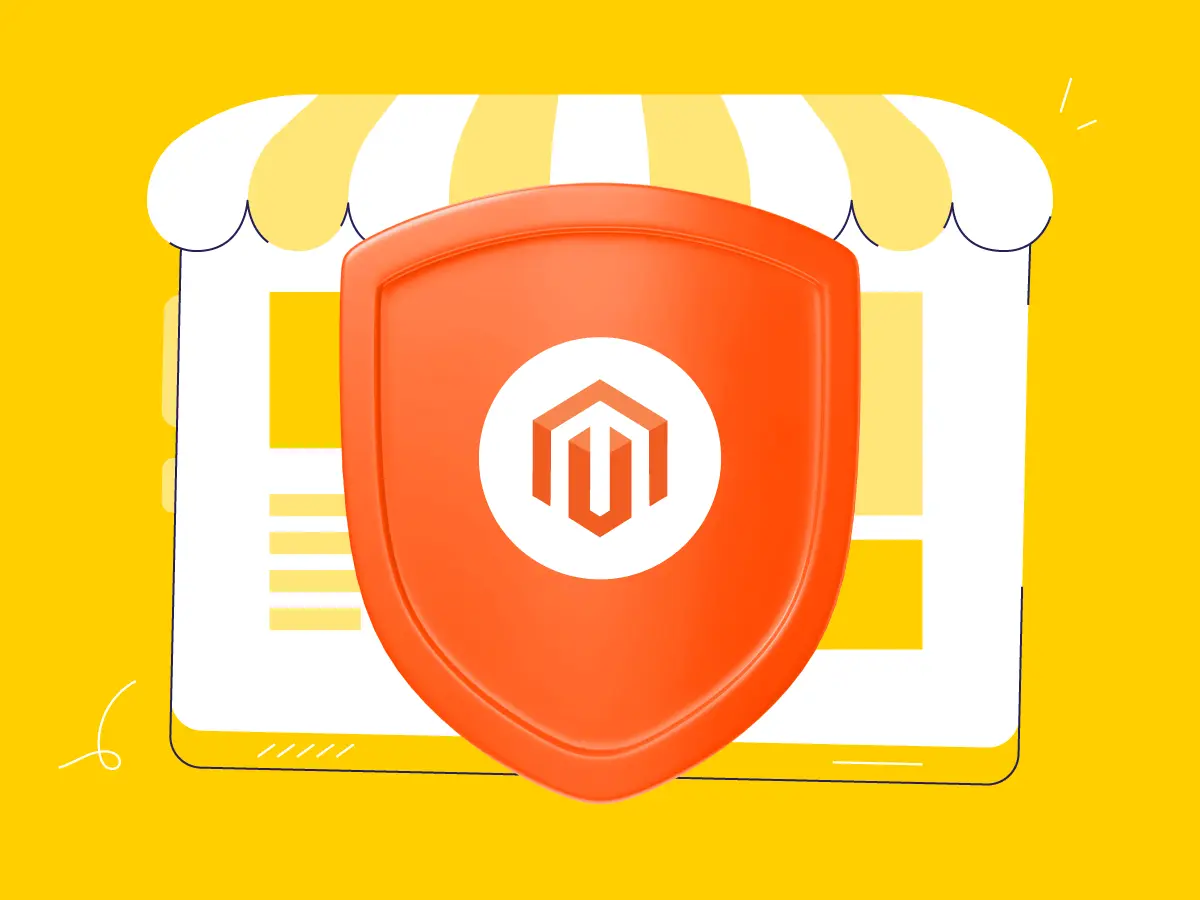Behind every smooth online shopping experience lies carefully integrated systems. As customers select items, the store’s system checks the inventory to make sure what you see is actually in stock. When they’re ready to pay, the transaction zips through almost instantly, thanks to the quick teamwork between the shopping cart and payment systems.
These invisible but vital e-commerce integrations turn each step of the buyer’s journey into a clearly laid out route from product discovery to doorstep delivery.
By the end of 2023, the global e-commerce market hit $16.27 trillion. Experts predict it could grow to $57.22 trillion by 2032 — 15% annually.
Want to learn more about the latest e-commerce trends? Read our article: Unveiling e-commerce trends 2024 for business success.
But what exactly is e-commerce integration, and why should modern businesses care about it? Let’s break it down.
What is ecommerce platform integration?
In simple terms, e-commerce integration is when a company connects its e-store with other important systems. They usually include accounting, inventory, sales, ERP (Enterprise Resource Planning), CRM (Customer Relationship Management), and marketing tools. The goal is to share data easily between all these parts.
Do you want to start an e-store from scratch in 2024? Learn How much it costs to make an e-commerce website in 2024 from our blog post.
Ecommerce platform integration allows data to flow both ways. For example, when you sell a product on your website, it can automatically update inventory data and financial reports. So, you don’t have to enter the same information in different places.
By connecting your online storefront with these behind-the-scenes systems, you’ll create a single operation system. This helps you manage everything from inventory and payments to shipping and customer relations more effectively.
The core components of e-commerce integration
Ecommerce integration software wouldn’t be possible without these components:
By using them together, businesses can work more efficiently, make customers happier, and grow.
Common types of ecommerce integrations
Different types of ecommerce platform integrations can improve your business in many ways:
- Website builder solutions ➡️ The foundation of your online store. Platforms like Shopify, WooCommerce, or Magento provide the tools to build, manage, and track your store’s performance.
- SMS marketing tools ➡️ Reach customers where they prefer — through text messages. Tools like Klaviyo or Gorgias allow you to send targeted SMS and engage customers with surveys or referral codes.
- Email marketing solutions ➡️ Email is still a great way to communicate with customers triggered by specific events.
- Payment gateways ➡️ Keep tabs on orders and invoices with payment gateways. This integration centralizes customer purchase data and transaction status, providing opportunities for post-purchase feedback surveys.
- Customer support management ➡️ Solve customer issues quickly.
- Customer Relationship Management (CRM) ➡️ Build strong customer relationships by tracking all interactions and storing valuable customer data.
- Experience management solutions ➡️ Gain valuable insights into customer sentiment throughout their journey with your brand.
Each of these integrations typically requires an application programming interface (API) to exchange data effectively. With so many e-commerce players, businesses need an efficient and adaptive model with accurate data integration across all these systems to stay at the top.
In which cases your business needs ecommerce integration software?
Do these problems sound familiar? If so, you might need to connect your online store with other systems.
❓Struggling with more sales.
More orders are great, but they can be tough to handle without the right tools. You might find yourself spending hours typing the same information into different systems.
❓Your team spends too much time moving data around.
If you have people whose main job is to copy information from one system to another, that’s a big red flag. Some companies even call these workers «data ninjas» — but they shouldn’t need to exist.
❓You make lots of mistakes.
When people type the same information over and over, they’re bound to mess up sometimes. These small errors can lead to big problems, like wrong inventory counts or shipping addresses.
Do you also have some security issues? In an article on Website security best practices in 2024 we’re telling you how to get rid of different security problems with common methods.
❓Small mistakes cause big headaches.
If tiny errors often turn into major issues for your company, it’s time to think about connecting your systems.
❓You’re always playing catch-up.
If you feel like you’re always behind, trying to update information across different systems, that’s a clear sign you need help.
Remember, these problems don’t just affect your team — they can make your customers unhappy too.
The good news?
Connecting your e-commerce systems can fix all of these issues. It helps your business run smoother and keeps your customers smiling. Therefore, choosing the right eCommerce development company for the best realization of your business ideas is very important.
What are the benefits of e-commerce integration?
The benefits are big. Integration helps streamline your business operations, gives customers a smoother shopping experience, and can boost your profits. It also helps your customer service team by putting all the information they need in one place.
With so many online stores out there, competition is tough. To stay on top, a business needs to be efficient and adaptable. Good e-commerce integration, with accurate product data flowing between systems, is key to achieving this.
How can Alva Commerce help
Our e-commerce integrated solutions reduce the need for manual tasks, minimize cost efforts, help you manage inventory more efficiently, and create a better shopping experience for your customers.
We offer cost-effective services that streamline your business flow, allowing you to focus on growing your brand. Contact us today to learn more about our ecommerce development.










